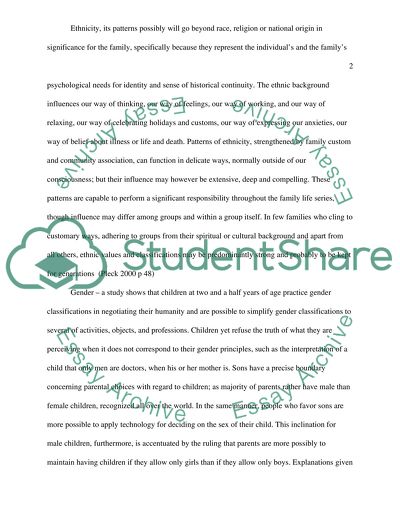Cite this document
(Culture and Family in Nursing Case Study Example | Topics and Well Written Essays - 2000 words, n.d.)
Culture and Family in Nursing Case Study Example | Topics and Well Written Essays - 2000 words. https://studentshare.org/nursing/1533339-culture-and-family-in-nursing
Culture and Family in Nursing Case Study Example | Topics and Well Written Essays - 2000 words. https://studentshare.org/nursing/1533339-culture-and-family-in-nursing
(Culture and Family in Nursing Case Study Example | Topics and Well Written Essays - 2000 Words)
Culture and Family in Nursing Case Study Example | Topics and Well Written Essays - 2000 Words. https://studentshare.org/nursing/1533339-culture-and-family-in-nursing.
Culture and Family in Nursing Case Study Example | Topics and Well Written Essays - 2000 Words. https://studentshare.org/nursing/1533339-culture-and-family-in-nursing.
“Culture and Family in Nursing Case Study Example | Topics and Well Written Essays - 2000 Words”. https://studentshare.org/nursing/1533339-culture-and-family-in-nursing.


